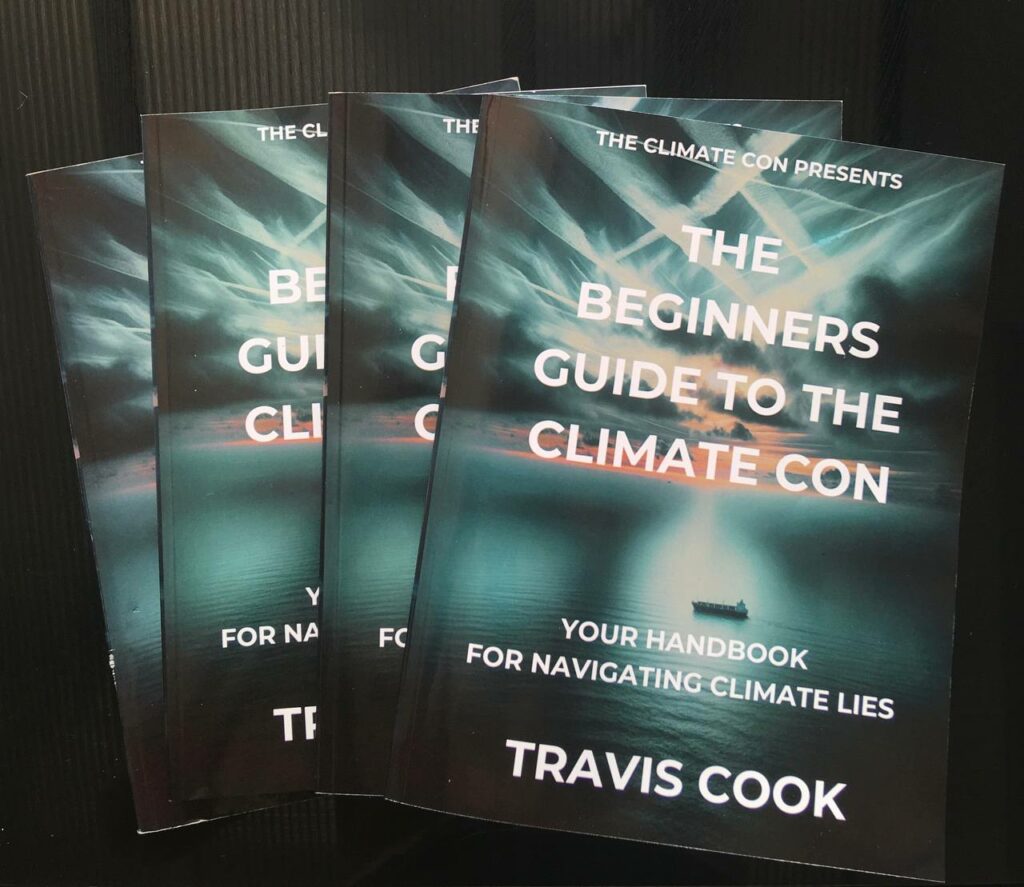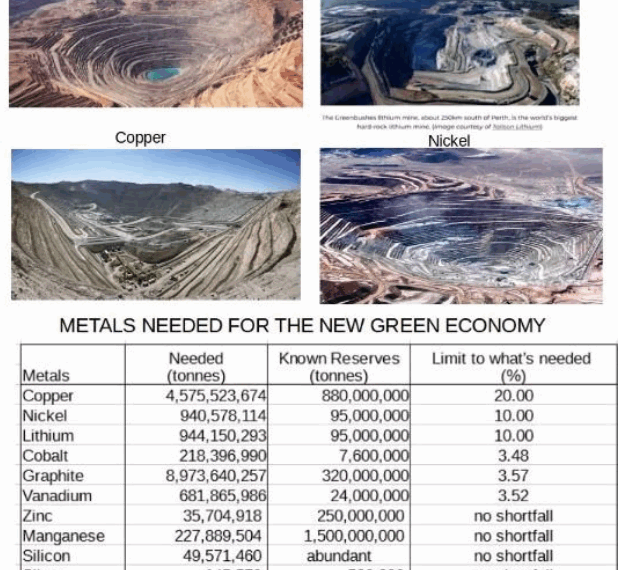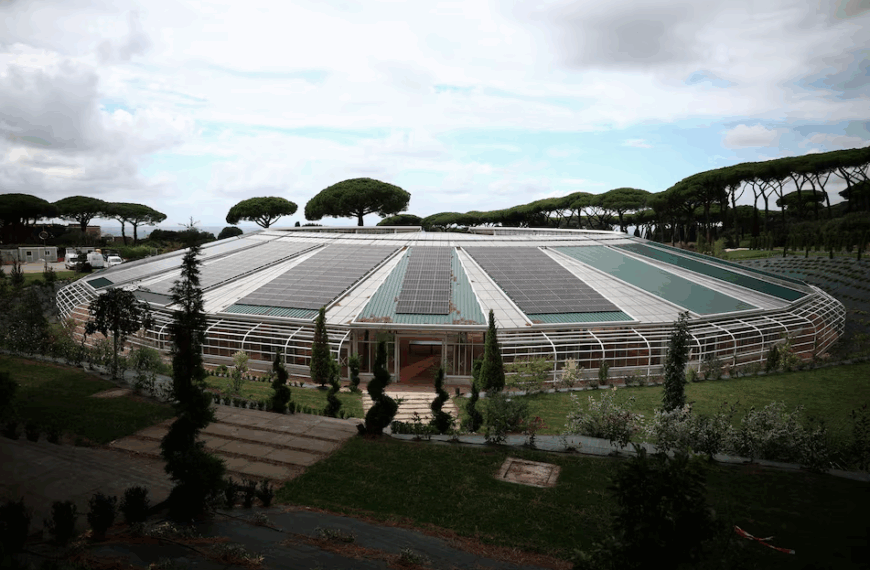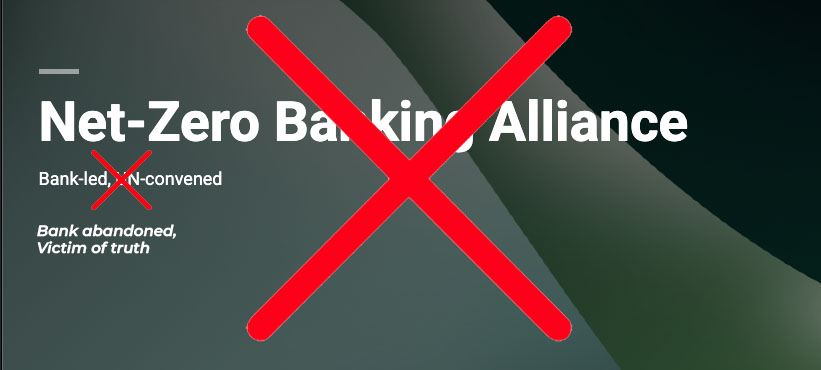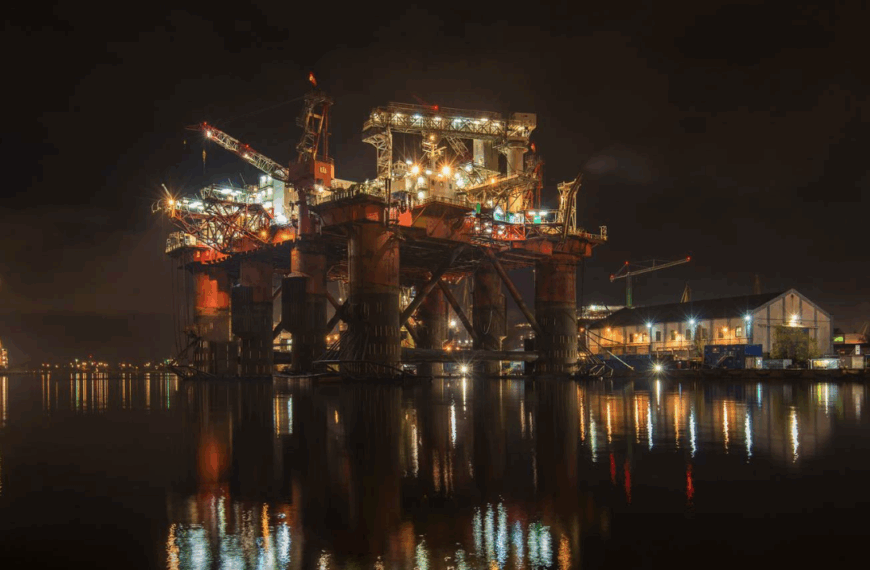Climate Change Propaganda Radicalises Woman Into Anti Human Beliefs
Extreme climate fear is breaking peoples minds
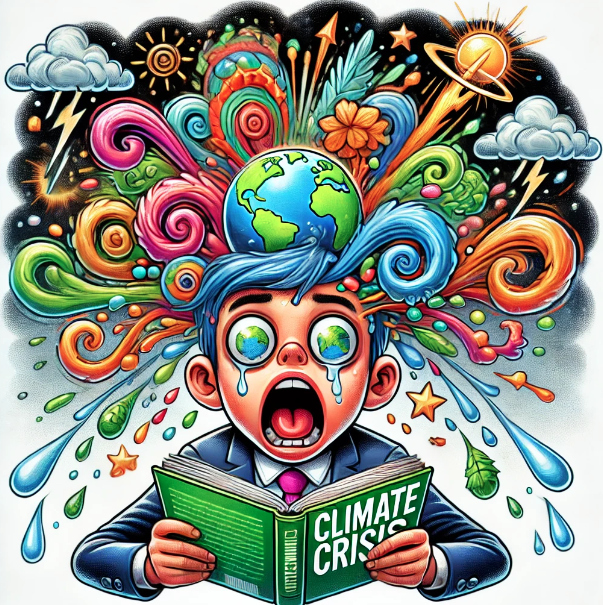
by Sallust
The Mail has published an article by a businesswoman in her 30s who has vowed not to start a family. She has even persuaded her husband to have a vasectomy after doctors refused to sterilise her. Such decisions are anyone’s free choice, and for any reason they wish, but in this case the claimed reason turns out to be climate change:
For how can I bring an innocent warm bundle into the world when none of us can say that the world will even be habitable for them? In the past few weeks, two new sets of statistics have emerged – the first to widespread hand-wringing; the second to barely a whimper.
The first showed that the U.K. birth rate has fallen to its lowest level since records began. Between 2022 and 2023, the fertility rate for England and Wales decreased from an average of 1.49 children per woman to 1.44 –the lowest rate on record and far fewer than are needed to sustain an ageing population.
And the second set of stats? Those were the ones telling us that 2024 is “virtually certain” to be the hottest year on record, according to the European Climate Service.
A year punctuated by deadly heatwaves and catastrophic storms will end up 1.5°C hotter than pre-industrial levels, and for the first time breach the symbolic point beyond which we stop being able to avoid the most disastrous consequences of climate change – a series of knock-on effects which could see the widespread extinction of animal species and even wipe us out.
For me these two statistics are not unrelated. Raising a human being in today’s world is hard. As reasons not to do it, women cite childcare costs, the hit they’ll take to their career and the difficulty in finding a decent man to have a baby with. As a happily married businesswoman with her own sales company, those reasons don’t apply to me.
She doesn’t pull her punches:
I won’t have a child because of the threat posed by climate change.
Those world leaders who gathered in Azerbaijan for the COP29 climate conference last week should know that women like me aren’t having babies because we are too worried that adding to the global population will simply hasten its demise.
Whenever anyone asks me about my childlessness, I tell them the truth and make no apologies for sounding curt. “Why bring children into a world when we don’t know if it’s going to exist in 100 years?”
The most common answer to this always astounds me: “Oh well, it doesn’t matter to me because I won’t be here then!” It’s such a selfish attitude.
Why have children to fulfil a biological need then not care that the world they will inhabit looks increasingly likely to resemble some post-apocalyptic wasteland? The seas barren, the skies raging, the deserts spreading and no way to turn back this ecological disaster.
I have long been terrified of what the future holds. From the age of six I had recurring nightmares in which I’d find myself being pulled through a hole in the sky, my little body shooting up into space.
It seems she’s not alone:
I am just one woman but my decision is not an especially rare one. One U.S. poll found a quarter of adults without children say climate change is part of the reason – while, in 2021, analysis by a global bank found the decision “to not have children owing to fears over climate change is growing and impacting fertility rates quicker than any preceding trend in the field of fertility decline”.
The U.K.-based BirthStrike Movement comprises women who refuse to procreate “to spare [their] child from a dystopian existence”.
Dismissing any arguments for having children as “selfish” (presumably having children in the pre-modern era when they faced the prospect of high infant mortality, disease, disaster and revolution was unconscionably selfish too, and perhaps more so), she takes care to let the Mail’s readers know how she’s doing her bit to stop Britain turning into a boiling and barren desert:
I’m careful to buy my godchildren sustainable gifts, from local businesses in North Yorkshire where I live. I try to do things with my godchildren that teach them to value the beauty in nature, like long walks and collecting shells at the beach. I grow my own veg and I support local producers whenever I can.
Every day I try to do something to help. I use a lower temperature on my washing machine, drive an electric car and scrupulously recycle. I use Vinted instead of buying new clothes and I have a rescue dog. My entire business is digital: we avoid printing anything and send all documents and contracts digitally. I use public transport to travel to business events.
In a curious twist, she’s worried about the impact of making a decision like hers on her own old-age care:
In fact, who will look after my generation as a whole if there aren’t enough young people to pay for pensions and the NHS?
Economists say the plummeting birth rate spells serious trouble for supposedly selfish women like me, whose fault it is.
But if falling birth rates are worrying political leaders, perhaps they should do something to address it by ramping up our response to climate change.
It’s not the job of younger people solely to fund the elderly (I’ve worked from the age of 16 and take full responsibility for my retirement income) but in any case, whether the state pension keeps pace with inflation may well be the least of our concerns when Norfolk and the Thames estuary are under water and wildfires are raging across our national parks.
The argument seems to be that if governments fall over themselves to devote their every waking minute to preventing climate change, then women like her might have children after all. Perhaps. Or perhaps there’s a subtext. Who knows?
The article is a fascinating insight into the psychological effects of state-sponsored fearmongering, resulting in potentially the greatest catastrophe of all: a culture of total negativity. One wonders why she bothers to go to work, which incidentally appears to be about helping other companies sell more stuff.
Worth reading in full if only to see just how nihilistic the culture of climate change has become.
The Beginners Guide To The Climate Con Out Now!
